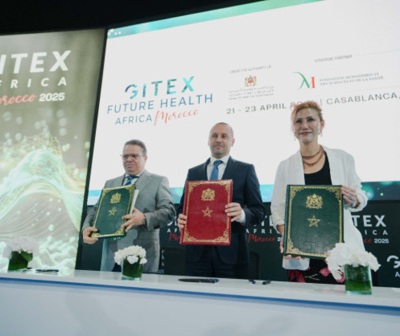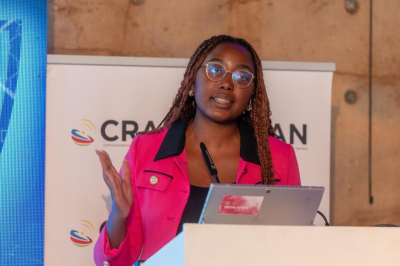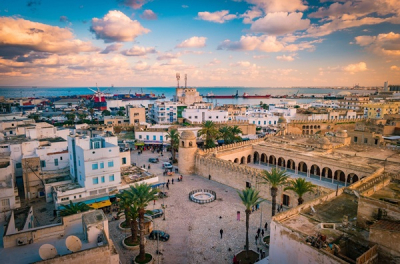Regulating digital platforms is essential for Africa’s long-term digital sovereignty and inclusive growth. By ensuring fair revenue distribution, promoting local journalism, and preventing algorithmic bias, Africa can build a more sustainable and competitive digital ecosystem.
Google may have to pay up to R500 million ($27.29 million) annually to South African media outlets. This comes after the South African Competition Commission found it guilty of anti-competitive practices. The commission revealed this in its Media and Digital Platforms Market Inquiry (MDPMI) provisional report announced on February 24. Meta and X also face potential fines.
The Commission’s provisional report states that Google's algorithm favors global news over local South African media, weakening the country’s media industry for 14 years. To address this, it recommends Google compensate local publishers R300–R500 million annually for three to five years while adjusting its search algorithm to boost local referral traffic.
The Commission also urged Meta’s Facebook and X to stop deprioritizing South African news and restore referral traffic. It called on Meta and YouTube to increase revenue sharing for publishers.
If these companies fail to comply within six months of the final report, a 5–10% digital advertising levy may be imposed. The final report is expected later this year, with an April 7 deadline for evidence submissions.
The Journalism and Media Lab (Jamlab), a project of the Wits Centre for Journalism dedicated to fostering innovation in African journalism and media, highlighted in its Digital News Report 2023 that 57% of South Africans share news via social media.
The findings reinforce the South African Competition Commission’s concerns about Google, Meta, and X’s algorithmic bias against local media. With 57% of respondents sharing news via social media, global platforms wield significant influence over public discourse. If these platforms prioritize foreign media, local journalism loses visibility, revenue, and audience engagement, threatening its sustainability.
The Competition Commission's proposed remedies, including compensation for local outlets and fairer algorithmic representation, could help level the playing field, ensuring African stories reach both domestic and global audiences.
Hikmatu Bilali



















